Plastic bag bans are spreading. But are they truly effective?
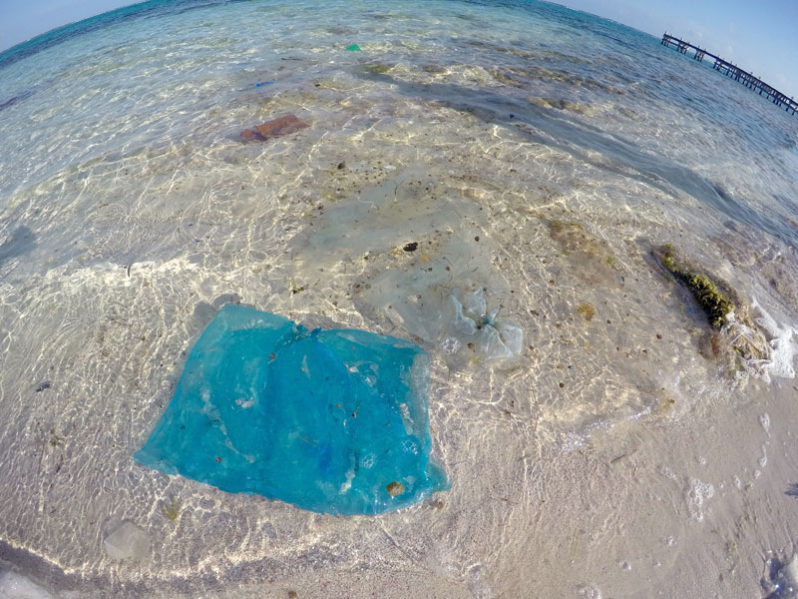
“The unprecedented plastic waste tide plaguing our oceans and shores, can become as limited as our chosen relationship with plastics, which involves a dramatic behavioral change on our part…”Captions and Photograph: © SAF — Coastal Care Excerpts; Often described as the world’s number one consumer product, as well as the most ubiquitous, shopping bags are […]
A Net Plus | Giving Discarded Fishing Nets a New Start; A Video
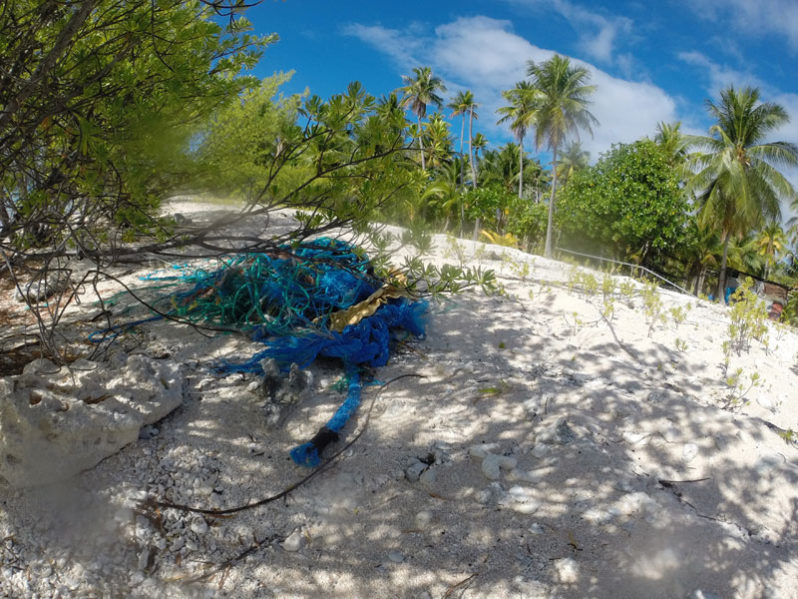
Discarded fishing nets are one of the most harmful forms of ocean plastic pollution…
Research in land plants shows nanoplastics accumulating in tissues
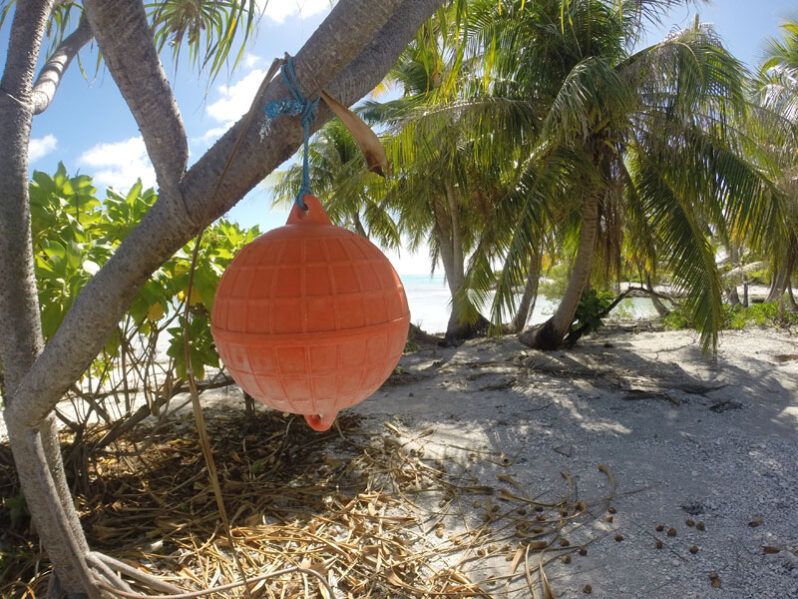
The latest findings provide direct evidence that nanoplastics can accumulate in plants. Plant accumulation of nanoplastics can have both direct ecological effects and implications for agricultural sustainability and food safety.
The many lifetimes of plastics
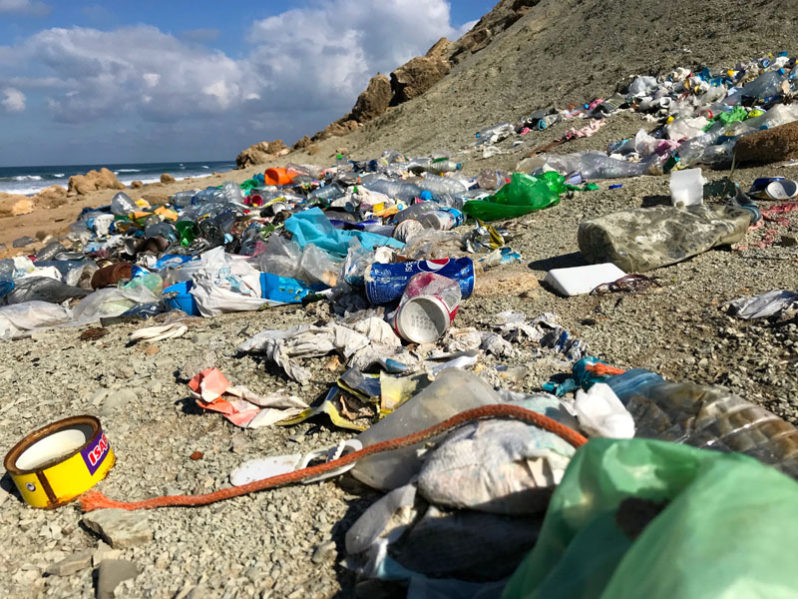
Infographics strive to give us a sense of how long plastic goods will last in the environment. But is this information reliable?
More than 1000 tons of plastic rains into Western US protected lands annually

Watershed researchers estimate more than 1000 tons of microplastics (equal to more than 123 million plastic water bottles) are deposited in national parks and wilderness areas each year.
We looked for South Africa’s ‘missing’ plastic litter. This is what we found

A recent study suggests that 96%-98% of litter from land-based sources washes up within one year of entering the sea. They conclude that most of the missing plastic has been under our noses all the time, on our beaches.
World Oceans Day 2020: New IAEA Research Records Dramatic Increase in Microplastic Pollution in Eastern Tropical Pacific Ocean
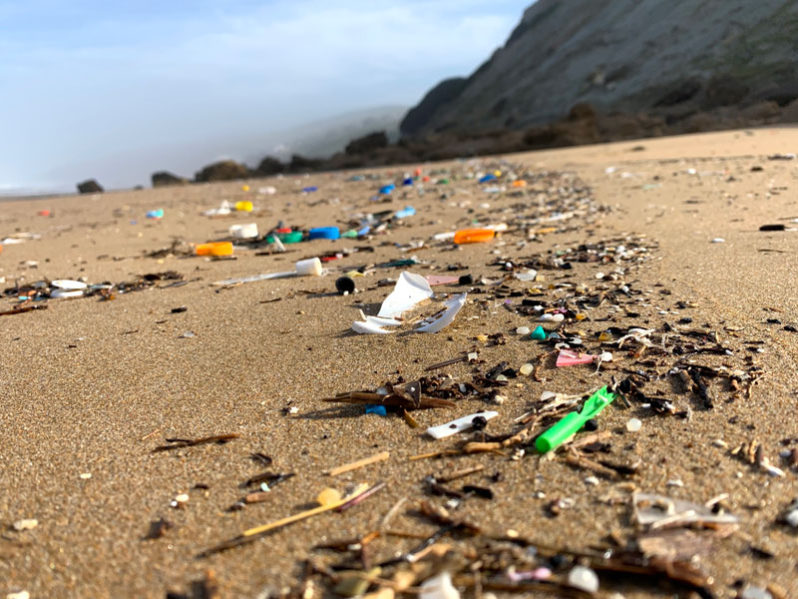
We celebrate World Oceans Day at a time when about 8 million tons of plastic waste are ending up in the oceans each year, damaging ecosystems and wildlife. The major challenge scientists and policy makers face today is a lack of knowledge on the biological impacts of microplastics in marine organisms…
‘Plastic-free’ fashion is not as clean or green as it seems
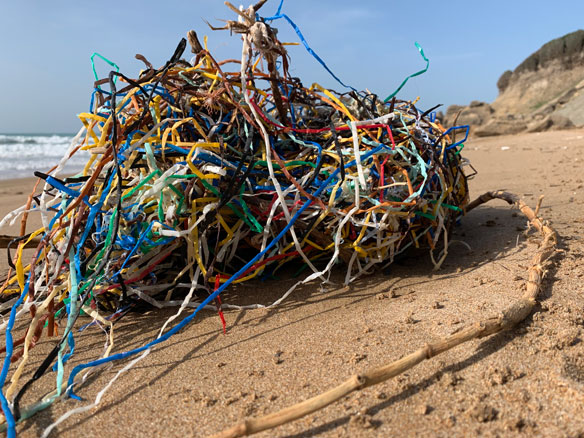
To promote different fibre use without fully understanding its environmental ramifications suggests a disingenuous engagement with environmental action. It incites “superficial green” purchasing that exploits a culture of plastic anxiety. The message is clear: buy differently, buy “better”, but don’t stop buying. Yet the “better” and “alternative” fashion products are not without complex social and environmental injustices.
Substantial quantities of tire particles contaminating rivers and ocean

Research reveals vital new information that will improve our scientific understanding of how tiny particles from tires, synthetic fibers from clothing and maritime gear enter the ocean.
